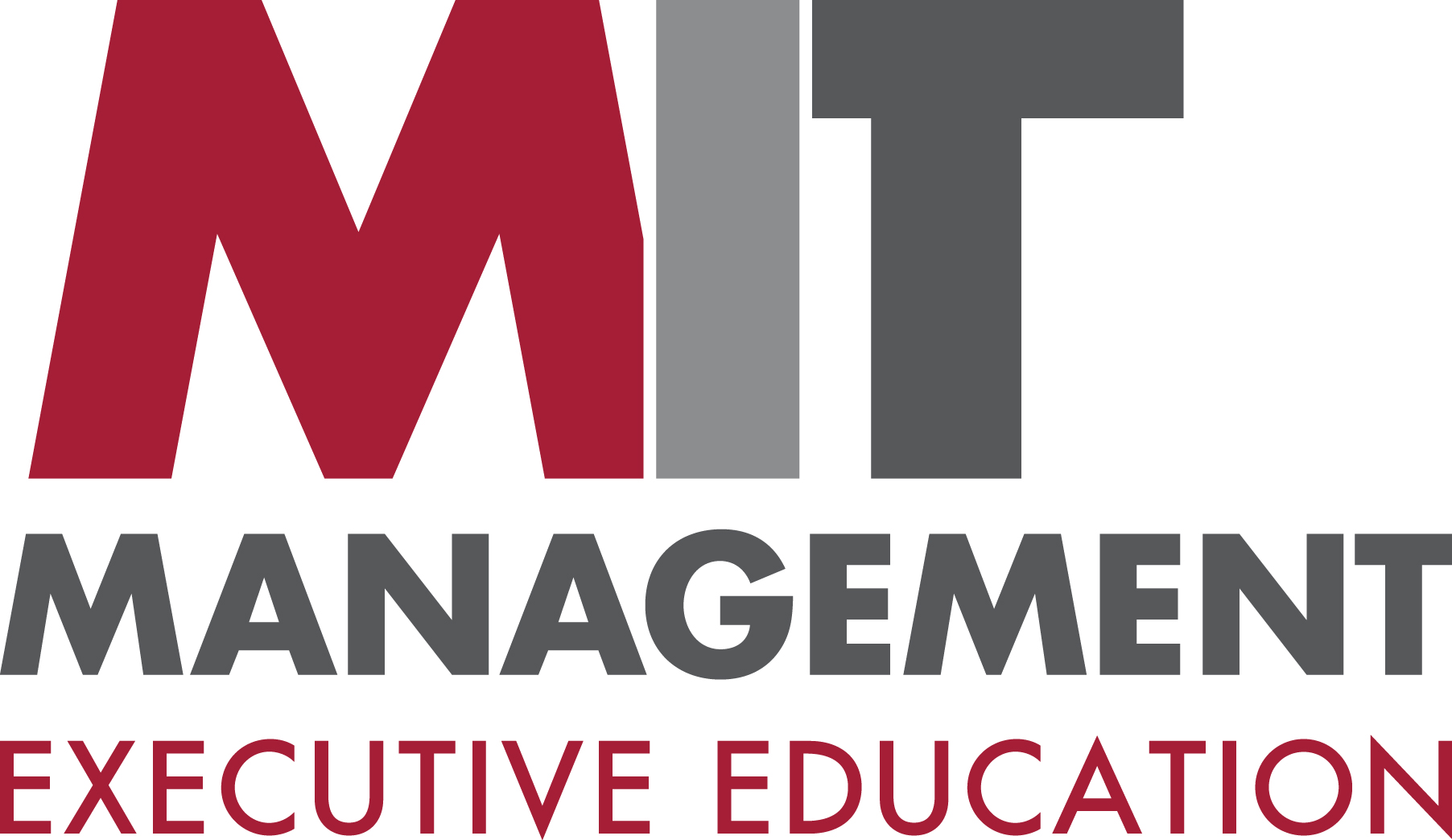- Innovation
Big Questions, Big Data and Disruptive Innovation
Hal Gregersen introduces ‘catalytic questioning’
Big data can provide the ammunition to support great new ideas and breakthrough insights. But data, no matter how big, is no substitute for questioning and creative thinking when developing innovations that create real value.
In a recent article in Wired, Hal Gregersen, Executive Director of the MIT Sloan Leadership Centre, commented that: “2015 will be the year when big questions will force big leaders to challenge big assumptions that perpetuate big, enduring problems. If leaders fail to ask new, uncomfortable, emotionally charged questions, we will live out the same old answers – no matter how big the data sets become.”
In the article Gregersen referred to the concept of ‘catalytic questioning’ – a method whereby the creative team, considering a key issue, asks a stream of questions (no answers allowed) until they reach at least 50. Having done this, they choose three or four questions that are the most ‘catalytic’ – “the startling ones that force you to change your perspective.” The team then seeks solutions to these questions until they uncover “extraordinary insights and answers.” This new approach to brainstorming can complement traditional data analysis by asking incisive questions about what story the data is really telling.
Despite the current interest from management thinkers, innovation, in a business context, is rather ill-defined and can mean different things to different people. So it is useful to consider where innovative and revolutionary business ideas come from and to understand what executive and leadership skills can be developed to help foster innovation in organizations.
Catalytic questioning features in a new program at MIT Sloan, The Innovator's DNA: Mastering Five Skills for Disruptive Innovation, which aims to help executives learn to achieve breakthrough insights through “self-assessment, catalytic questioning, deep observation, diverse networking, and rapid experimentation.”
Based on research involving hundreds of interviews and more than ten thousand survey assessments, the program will provide unique insight into the behaviours of extraordinary, and often disruptive, innovators who have created new products, new business models opened new markets and created real value and economic growth, and will focus on a series of key innovation skills.
These key innovation skills include:
- Questioning the status quo
- Observing the world like anthropologists
- Networking with diverse people to get new ideas
- Experimenting in small, fast, and cheap ways to reach novel solutions
- Connecting typically unconnected insights to deliver disruptive new business ideas
Program participants will be asked to put these skills into practice by identifying a challenge for which they seek a solution and committing to innovate around that challenge throughout the two days of the program. They will also engage in a personal diagnostic assessment to better understand their own innovation and execution focused leadership skills.
Hardback E-book
MIT Sloan is uniquely positioned at the intersection of technology and business practice, and participants in our programs gain access to MIT’s distinctive blend of intellectual capital and practical, hands-on learning.
ARTICLES YOU MIGHT LIKE
VIEWPOINT
Cognitive neuroscientist, Lynda Shaw, explains how to understand and support intrapreneurs
DEVELOPING LEADERS QUARTERLY MAGAZINE AND WEEKLY BRIEFING EMAILS


































